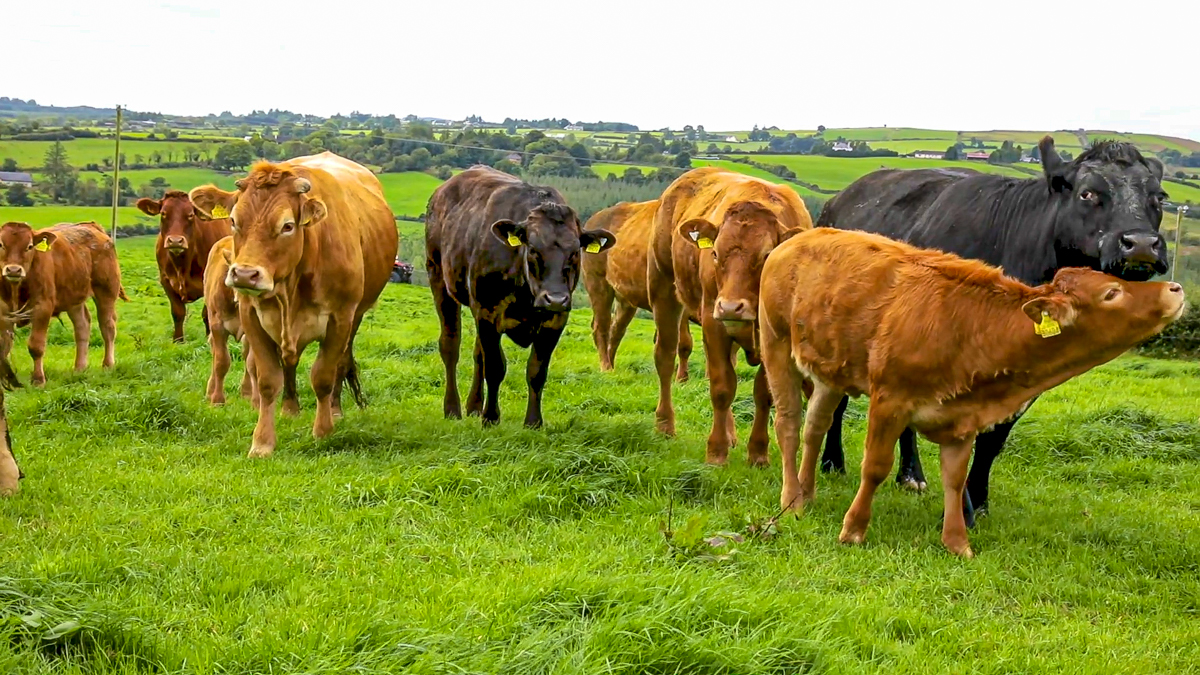It is now open to other member states and third countries having a legitimate interest to make submissions on the application with the commission within a three-month period. A huge amount of work has gone into [the application].“In regard to the possibility of extending the geographical area of the PGI to include Northern Ireland at the appropriate time, my department and Bord Bia continue to liaise with their counterparts in Northern Ireland, and I understand that the commission will now be available to join those discussions as needed," the minister added.
I am keen to see the PGI application extended on an all-island basis as I believe it can be beneficial to all our beef farmers.”
PGI for 'Irish Grass Fed Beef'
Under EU quality schemes, the names of products for which an intrinsic link exists between product qualities or characteristics and geographical origin, are protected. There are:- Protected designations of origin (PDO) for agricultural products and foodstuffs, and wines;
- Protected geographical indications (PGI) for agricultural products and foodstuffs and wines;
- Geographical indications (GI) for spirit drinks and aromatised wines;
- Traditional speciality guaranteed (TSG) for food and agricultural products.
The consultation procedure now launched allows third countries or a member state (other than Ireland) having a legitimate interest, to lodge a notice of opposition with the commission supported by a reasoned statement of opposition.
The three-month period for opposition may be extended by the European Commission.
